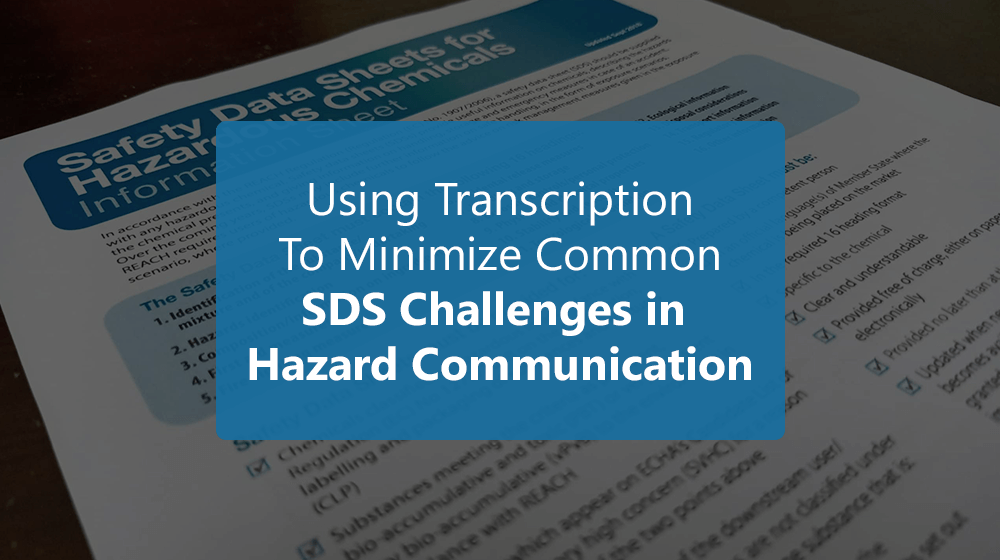Translation is a crucial service for global communication, allowing people from different cultures and languages to understand each other. When translating sensitive and controversial content, the ethical considerations can become more complex. Translators must navigate cultural and political sensitivities, ethical concerns, and the potential impact of their work on individuals and communities.
Let’s learn about the ethics of translation and provide some guidance on navigating sensitive and controversial content.
What is Sensitive and Controversial Content?
Sensitive and controversial content can encompass various topics, including political issues, religious beliefs, historical events, and more. Examples of sensitive and controversial content may include topics like:
- Political speeches or statements that may be divisive or inflammatory.
- Religious texts or beliefs that may be considered offensive or controversial to some.
- Historical accounts of events that are sensitive or traumatic for specific communities.
Ethical Considerations for Translators
Translators working with sensitive and controversial content must consider a range of ethical considerations, including:
1. Accuracy and Faithfulness: Translators need to ensure that they accurately and faithfully convey the meaning and intent of the original content. It may require extensive research and a deep understanding of the content’s cultural and historical context.
2. Cultural Sensitivity: Translators should be sensitive to cultural differences and norms, ensuring their translations are respectful and appropriate for the intended audience. It involves consulting with experts or community leaders to ensure culturally appropriate translation.
3. Political Neutrality: It is also quite essential for translators to remain politically neutral and avoid bias or prejudice in their translations. It can be particularly challenging when translating politically charged or controversial content.
4. Confidentiality: Translators must maintain the confidentiality of their work, mainly when translating sensitive or confidential content.
5. Informed Consent: It is also important to obtain informed consent from the content owner or their representative before translating sensitive or controversial content. It ensures that the content owner is aware of the potential risks and impact of the translation and has consented to the work.
Tools for Translating Sensitive and Controversial Content
Human Translation
Machine translation is a fast and efficient way to translate content. But, it may not be appropriate for translating sensitive or controversial content. Thus, one must go with human translation. It is indeed the best option for translating sensitive or controversial content, as it allows for a comprehensive knowledge of the cultural and historical context of the content. Professional translators can also provide quality assurance and editing services to ensure the translation is accurate and appropriate.
Translation Memory
Translation memory is a software tool that can help ensure translation consistency and accuracy. It assists by storing previously translated content and suggesting translations for new content based on the stored data. It helps translate large volumes of content or content that require frequent updates.
Navigating Sensitive and Controversial Content
1. Conduct thorough research: Translators should conduct deep research on the content they translate, including its cultural and historical context and any potential sensitivities or controversies surrounding it.
2. Consult with experts: Translators must consult with experts, such as historians, cultural experts, or community leaders, to ensure their translations are accurate and culturally appropriate.
3. Use clear and respectful language: Translators also need to use clear and respectful language appropriate for the intended audience. It may involve avoiding inflammatory or divisive language and ensuring the translation is culturally sensitive.
4. Seek feedback: Translators should seek feedback from stakeholders, such as the content owner, community leaders, or experts, to ensure the translation is respectful and accurate. This feedback can also help identify potential concerns or sensitivities that may need to be addressed in the translation.
5. Maintain confidentiality: Translators should maintain the confidentiality of their work, mainly when translating sensitive or confidential content. It can help to ensure that the content owner’s privacy is protected and that the translation does not cause harm to individuals or communities.
6. Obtain informed consent: It is also important to obtain informed consent from the content owner or their representative before translating sensitive or controversial content. It guarantees that the content owner is aware of the potential risks and impact of the translation and has consented to the work.
7. Consider the impact of the translation: It is crucial for translators to consider the potential impact of their translation on individuals and communities. It includes considering the potential consequences of the translation, such as causing offense or harm to individuals or groups.
The Bottomline
Translation is a crucial service for global communication, allowing people from different cultures and languages to understand each other. However, translating sensitive and controversial content can be complex, as it requires translators to navigate cultural and political sensitivities, ethical concerns, and the potential impact of their work on individuals and communities.
If you want translation services that care for sensitive and controversial content, connect with us. We have translators who prioritize accuracy, cultural sensitivity, political neutrality, confidentiality, and informed consent when working with sensitive and controversial content. Book your custom quote and explore our translation services today!

















